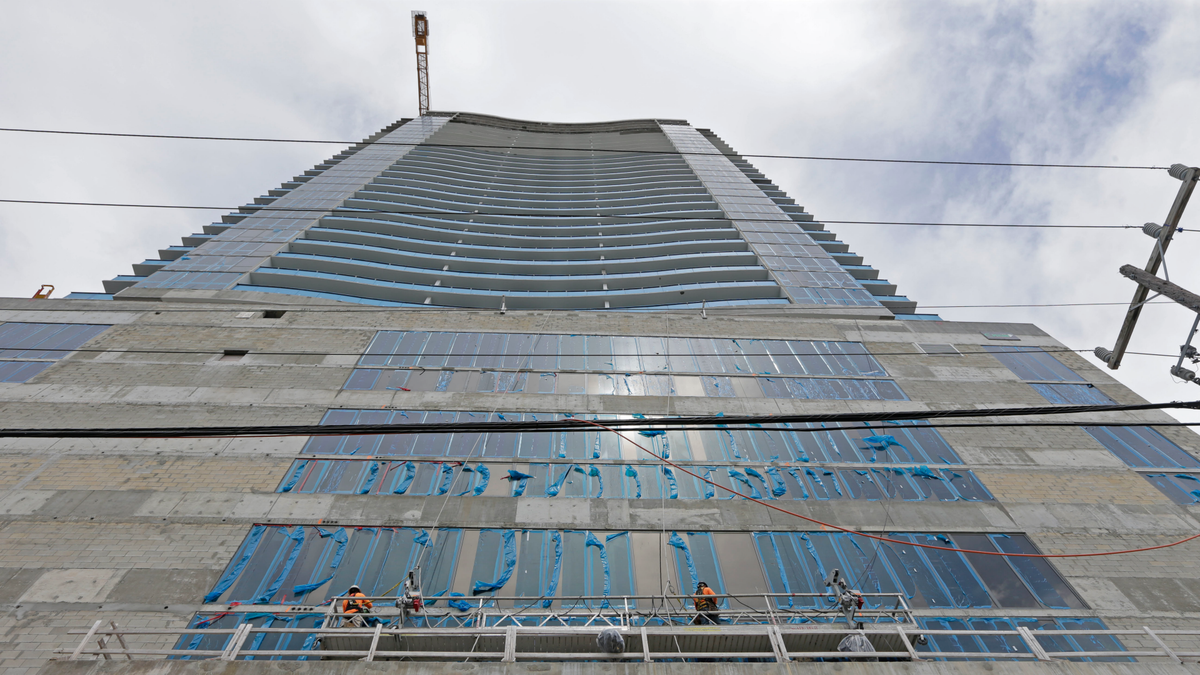
WASHINGTON – Groundbreakings on new homes fell 8.2 percent in December, with builders ending 2017 by slowing down their construction of single-family houses.
The Commerce Department said Thursday that the monthly decline put U.S. housing starts at a seasonally adjusted annual rate of 1.19 million units. Almost all of the decrease came from builders beginning work on fewer single-family houses, a reversal from the robust gains reported in October and November.
Despite the monthly decline, housing starts in 2017 were their strongest in a decade. But the ramp up in construction has done little to offset the dwindling pool of homes for sale, which has caused prices to surge faster than wage growth.
The hot housing market is being fueled by a strengthening job market. The unemployment rate is holding steady at a 17 year-low of 4.1 percent. Workers are feeling more confident as the Labor Department said separately on Thursday that the number of unemployed workers filing for jobless benefits, a proxy for layoffs, plunged by 41,000 last week to 220,000. That is the lowest level for benefit applications in nearly 45 years.
Yet homebuilders face pressures from high land prices and a construction workforce that relies heavily on immigration at a time when President Donald Trump is seeking to limit the inflow of foreigners into the United States.
"The pace of housing starts averaged just 1.2 million for the year, far short of the historical average of 1.5 million starts," said Nela Richardson, chief economist at the real estate company Redfin. "Given the three-year drought in inventory and surging homebuyer demand, a pace of 2 to 3 million starts would be reasonable and appropriate."
For all of 2017, housing starts have risen a mere 2.4 percent. Single-family house construction drove the entire annual increase, while the building of apartment complexes plunged last year as more renters appear to be seeking properties to buy. The slight gains in construction have been unable to fully offset the drastic fall over the past year in the number of existing homes put up for sale.
Housing starts in December fell in the Northeast, Midwest, South and West.
Building permits, an indicator of future construction, slipped 0.1 percent in December to 1.3 million.

